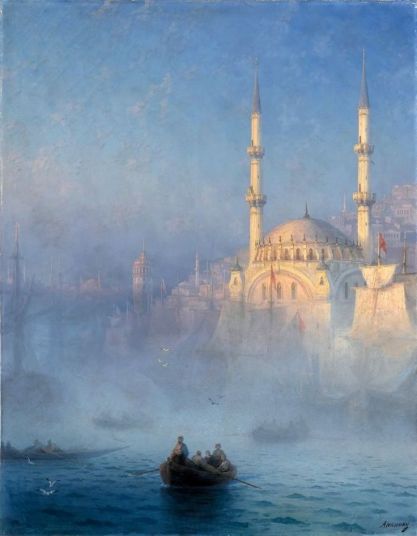So I’m in Law School now, which means that I pay more attention to lawyery things than usual. And with the recent canonization of Mother Teresa this last Sunday, I got to thinking about one of the more interesting, law-related Catholic expressions that has slipped into everyday usage.
I’m talking about being “the devil’s advocate” – you know, like when you argue for a different side of an issue just because, or when you don’t agree with something but you speak for it anyway: that’s being the devil’s advocate.
It’s one of those marvelously clear expressions: you don’t like the devil, but you’ll advocate for him. Straight-forward. Makes sense.
What does this have to do with Mother Teresa, you say? Well, did you know that “the Devil’s Advocate” was originally (and still is) a title used in the process of Catholic canonization, of making saints? Continue reading




